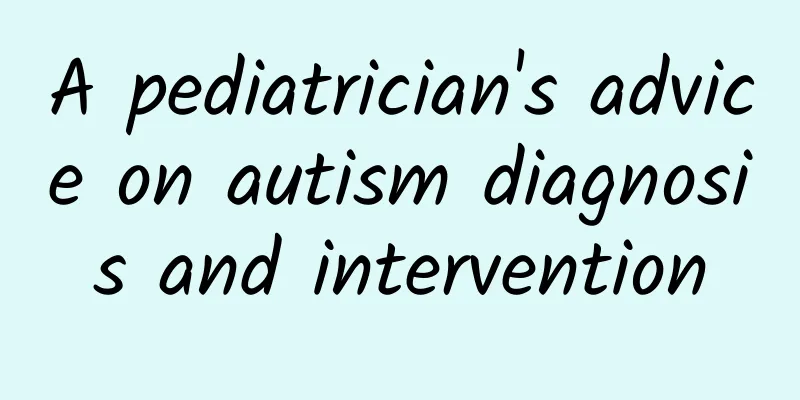Fever, cough, runny nose, but not the flu! What virus is this?

|
Respiratory diseases are more common in winter Recently, many people have expressed After infection, in addition to fever and respiratory symptoms I also feel dizzy. Is this a new virus spreading? Recently, the Chinese Center for Disease Control and Prevention Release of national respiratory infectious disease surveillance information Acute respiratory infectious diseases continue to rise Among them, human metapneumovirus infection is gradually increasing Week 50 (December 9-15) Respiratory samples Regional differences in the positive rates of nucleic acid tests for major pathogens (Photo source: China Centers for Disease Control and Prevention) What is human metapneumovirus? Is it new? Is it highly contagious? How can it be prevented? This article will give you detailed information! What is human metapneumovirus? Is it a new virus? Human metapneumovirus (HMPV) is a single-stranded negative-sense RNA virus and one of the main pathogens causing acute lower respiratory tract infections in humans. It can cause upper and lower respiratory tract infections in people of all ages. Most recurrent infections are asymptomatic, but symptomatic infections mostly occur in young children or the elderly . Severe symptomatic diseases may also occur in the elderly, those with underlying lung diseases, and those with weakened immune function. HMPV infection is ubiquitous and seasonal, with most cases occurring in late winter and early spring in the United States, the Netherlands, the United Kingdom, Norway, and Finland, and in late spring and summer in Hong Kong, China. A study published in The Lancet Global Health in 2020 estimated that in 2018, more than 14 million children under the age of 5 were infected with HMPV worldwide, of which more than 600,000 were hospitalized and more than 16,000 died. According to a 13-year study in nine provinces in China, children under the age of 5 are the main group of HMPV victims , with a detection rate of 3.71%. HMPV can cause single infection or co-infection with other respiratory viruses. It should be made clear that metapneumovirus is not a new virus. It was discovered as early as 2001, and there was a paper about it in the Chinese Journal of Pediatrics in 2003. It has been more than 20 years since the human metapneumovirus was first discovered. Why is there no vaccine or specific drug? The most likely reason is that there is no market and the input and output do not match. In fact, only viral diseases with severe symptoms and widespread transmission have vaccines or drugs, such as influenza and measles. Most other viral diseases do not have vaccines or specific drugs. What are the symptoms after infection? How is human metapneumovirus spread? Human metapneumovirus is a single-stranded RNA virus that mainly infects human respiratory epithelial cells. Most patients develop symptoms 3-5 days after infection . After the onset of the disease, patients usually experience symptoms such as cough, nasal congestion, runny nose, and low-grade fever, most of which disappear within 1-2 weeks. Human metapneumovirus is transmitted through direct or close contact with contaminated secretions, mainly through person-to-person contact. The most common routes of transmission are droplet transmission and contact transmission , such as contact with secretions discharged by patients when they cough or sneeze, or contact with the patient's limbs, such as shaking hands, and touching objects or surfaces contaminated with the virus and then contacting mucous membranes, such as the eyes and nose. How to prevent it? In summary, there is currently no specific treatment for human metapneumovirus, nor is there a vaccine for infection with this virus. The most effective prevention method is to cut off the transmission route , wear a mask, wash hands frequently, and avoid touching eyes and nose without washing hands. At the same time, increase your own immunity . Patients with chronic diseases should pay attention to avoid crowded places. If you feel unwell, you should go to the hospital in time. |
<<: Young people should not take influenza lightly
>>: Feeling like fate is strangling you? Beware of collar syndrome
Recommend
Genital discomfort, what's going on?
Whether male or female, the genital area is very ...
"Science Fights Epidemic" Season 2丨Academician Li Lanjuan talks about "Fighting Epidemic"④
As spring approaches, the recurrence of the epide...
A complete guide to preventing cardiovascular and cerebrovascular diseases in winter
Gu Changcong Qinhuangdao First Hospital Winter is...
Will female tinea cruris heal on its own?
The temperature is hot and humid in summer, and v...
Six symptoms of heavy moisture in spring and four methods to effectively remove moisture
Spring is here, and the climate is humid, cold, a...
What is the reason for the car to deviate from the road? Does the car need to be dynamically balanced when it deviates from the road?
We all drive straight, and few people deviate fro...
What happens if you drink alcohol while taking melatonin? What to do if you can't sleep after taking melatonin?
For those who have poor sleep, they will definite...
What should you pay attention to during sexual intercourse during menstruation?
Menstruation is also called period, and it is cal...
The National Medical Products Administration has suspended the sale of these drugs! Check your medicine cabinet to see if you have any!
The State Food and Drug Administration issued a n...
Will pubic separation make birth more painful?
Introduction: Generally speaking, if the pubic pa...
Can I practice yoga during my period?
As women play an increasingly important role in t...
What are the symptoms of intrauterine adhesion after abortion?
After having an abortion, some women find it very...
How many days does it take for milk to come back naturally after induced labor?
Originally, pregnancy is a very happy thing, but ...
How to treat hemorrhoids in women
Although men are more likely to develop hemorrhoi...
What to do if the accessory breast hurts during lactation
Accessory breast pain should first be treated wit...









